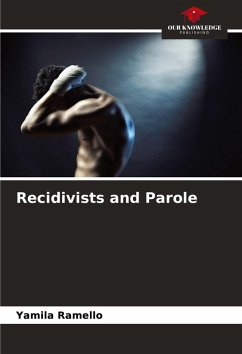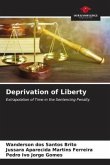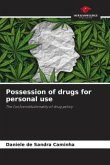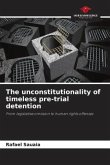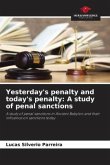Conditional release consists of the partial suspension of the deprivation of liberty, during a probationary period which, if favourable, determines the definitive extinction of the rest of the custodial sentence that the convicted person has left to serve. It is regulated in articles 13 to 17 of the Penal Code, and article 14 of the aforementioned legal body establishes a prohibition for repeat offenders, who are prevented from accessing the conditional release regime. This legal provision is considered to be in high violation of constitutional principles, such as the principle of equality, the principle of non bis in idem and the principle of culpability, which will be analysed in this paper. This restriction on repeat offenders has been and continues to be controversial among doctrinarians, given its clear violation of constitutional principles such as equality before the law, non bis in idem and the principle of criminal culpability. The aim of this research is to assess whether these principles are violated.
Bitte wählen Sie Ihr Anliegen aus.
Rechnungen
Retourenschein anfordern
Bestellstatus
Storno

